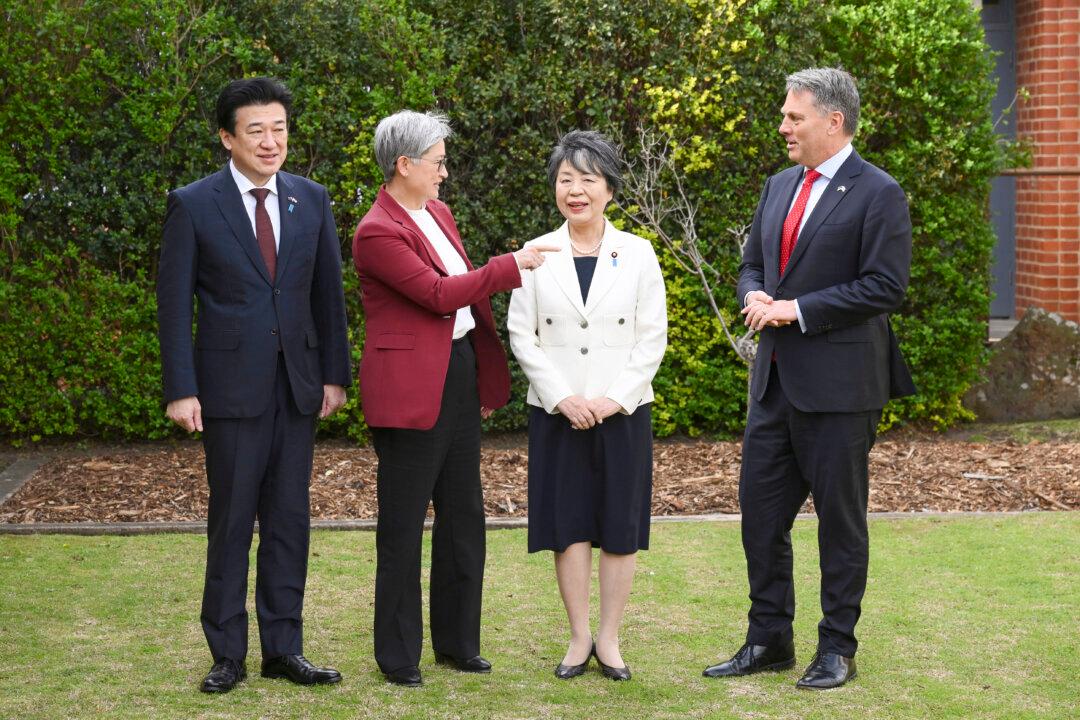Japan and Australia agreed on Sept. 5 to increase joint military drills, after the Chinese Communist Party (CCP) increased not only its military presence in the region, but also military aggression against its neighbors in recent weeks.
A little over a week ago, a Chinese military plane breached Japanese airspace for the first time, according to the Japanese Defense Ministry. A CCP spokesperson later stated it was unintentional.





